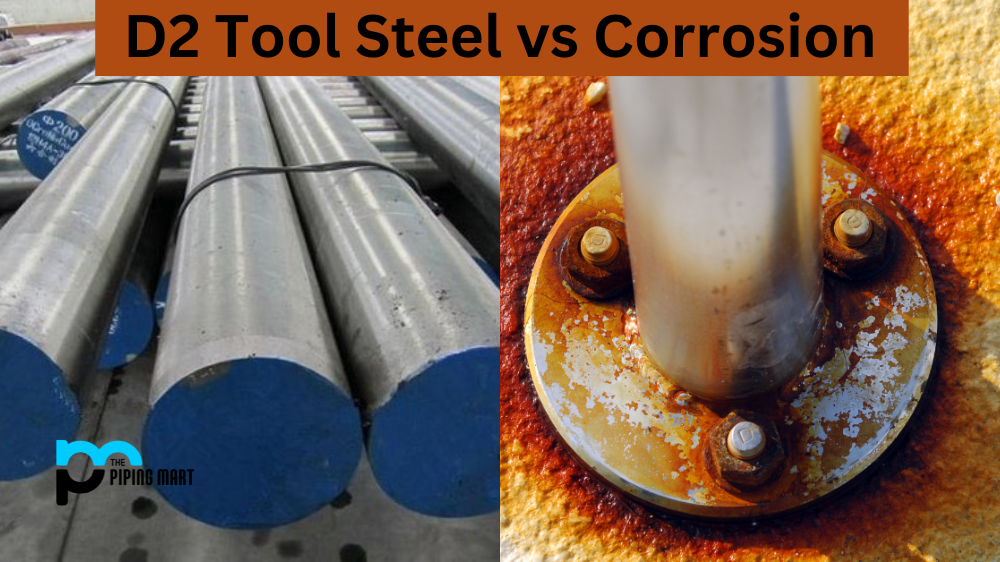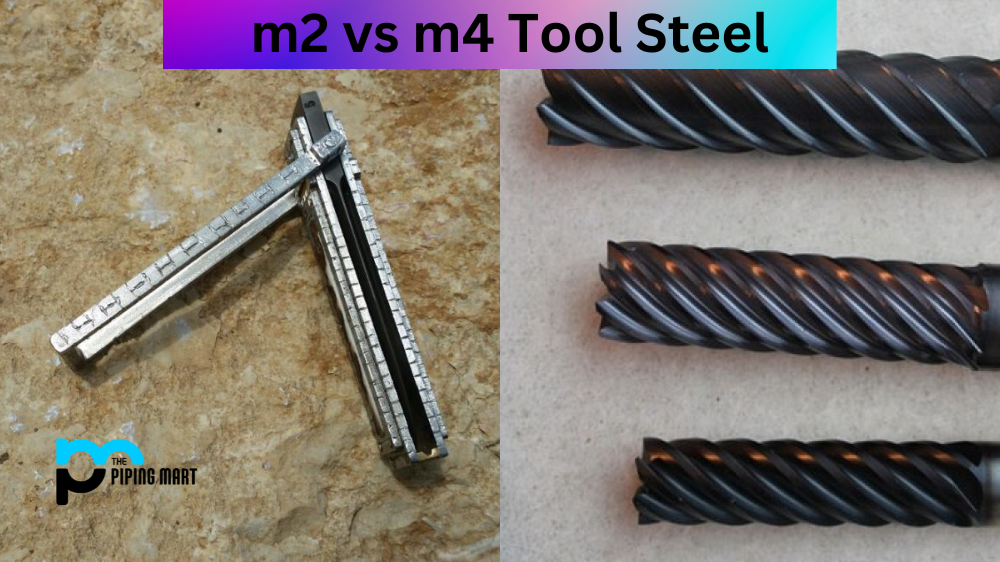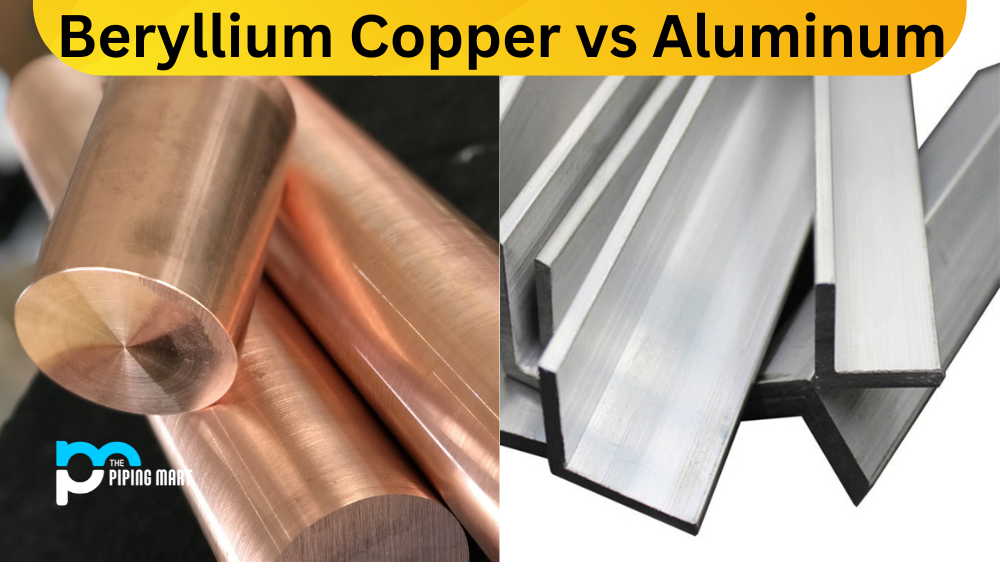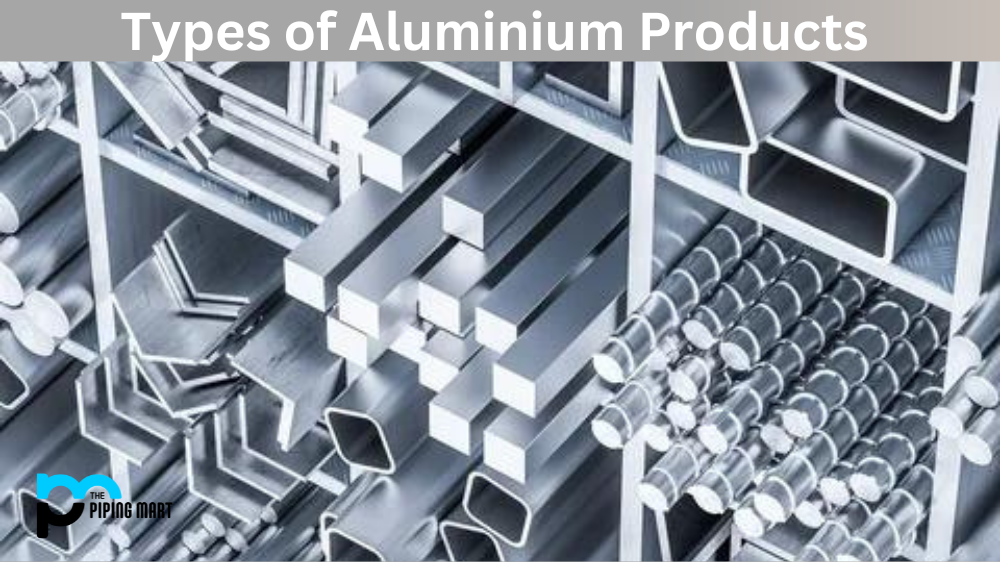Corrosion resistance is often critical when choosing the right steel for a project. D2 tool steel is a high-carbon, high-chromium tool steel renowned for its toughness and wear resistance. However, some people question whether it can hold up in corrosive environments. This post explores the correlation between D2 tool steel and corrosion.
What is D2 tool steel?
This alloy was designed for cutting tools, stamping dies, and industrial knives. D2 steel comprises 1.5% carbon, 12% chromium, and 1% molybdenum. It has a high hardness level and can maintain its sharp edges for long periods, thanks partly to its high levels of chromium and molybdenum.
What is Corrosion Resistance?
As for corrosion resistance, it is important to note that D2 tool steel is not technically considered stainless steel. However, with its high levels of chromium, D2 is more corrosion-resistant than most other tool steels. But, like all metals, D2 can still rust if exposed to the right conditions for a prolonged period.
Difference Between D2 Tool Steel and Corrosion
The degree of corrosion depends on many other variables, such as temperature, the quantity of oxygen in the air, and the presence of other chemical elements. When D2 steel has been heated up to critical temperatures during heat treatment, its corrosion resistance may also decrease, further magnifying the possibility of corrosion. In addition, improper post-treatment and maintenance of the steel can expose it to a corrosive environment.
One way to prevent corrosion on this type of steel is to apply a coating or electroplating process. For example, electroless nickel plating is commonly used to improve the corrosion resistance of D2 tool steel. This coating creates a surface barrier that prevents environmental elements from coming into contact with the steel. Other effective coatings are titanium and chromium nitride, among others.
Another way to avoid corrosion on D2 steel is to ensure it’s stored properly. Moisture is the main culprit when it comes to the corrosion of metals. Hence it’s beneficial to store the steel in a dry location, away from humidity. It’s also important not to let acidic materials sit on the D2 tool steel, as the acid can cause corrosion and even etch the steel’s surface.
Conclusion
In conclusion, when it comes to D2 tool steel vs corrosion, it is important to understand that D2 has a higher level of corrosion resistance than most of the other tool steels. With the importance of selecting the appropriate material, it is best to consult an expert to know which type of steel works best for your application. By understanding the right storage, pre-treatment, and maintenance of the steel, you can ensure that your D2 tool steel lasts longer, retains its strength, and remains corrosion-free.

Hey, I’m Krutik, a casual blogger expert in the metal industry. I am passionate about providing valuable information to my readers. With a background in engineering and construction, I like playing Cricket & watching Netflix shows in my free time. Thank you for visiting my blog, and I hope you find my information helpful!




